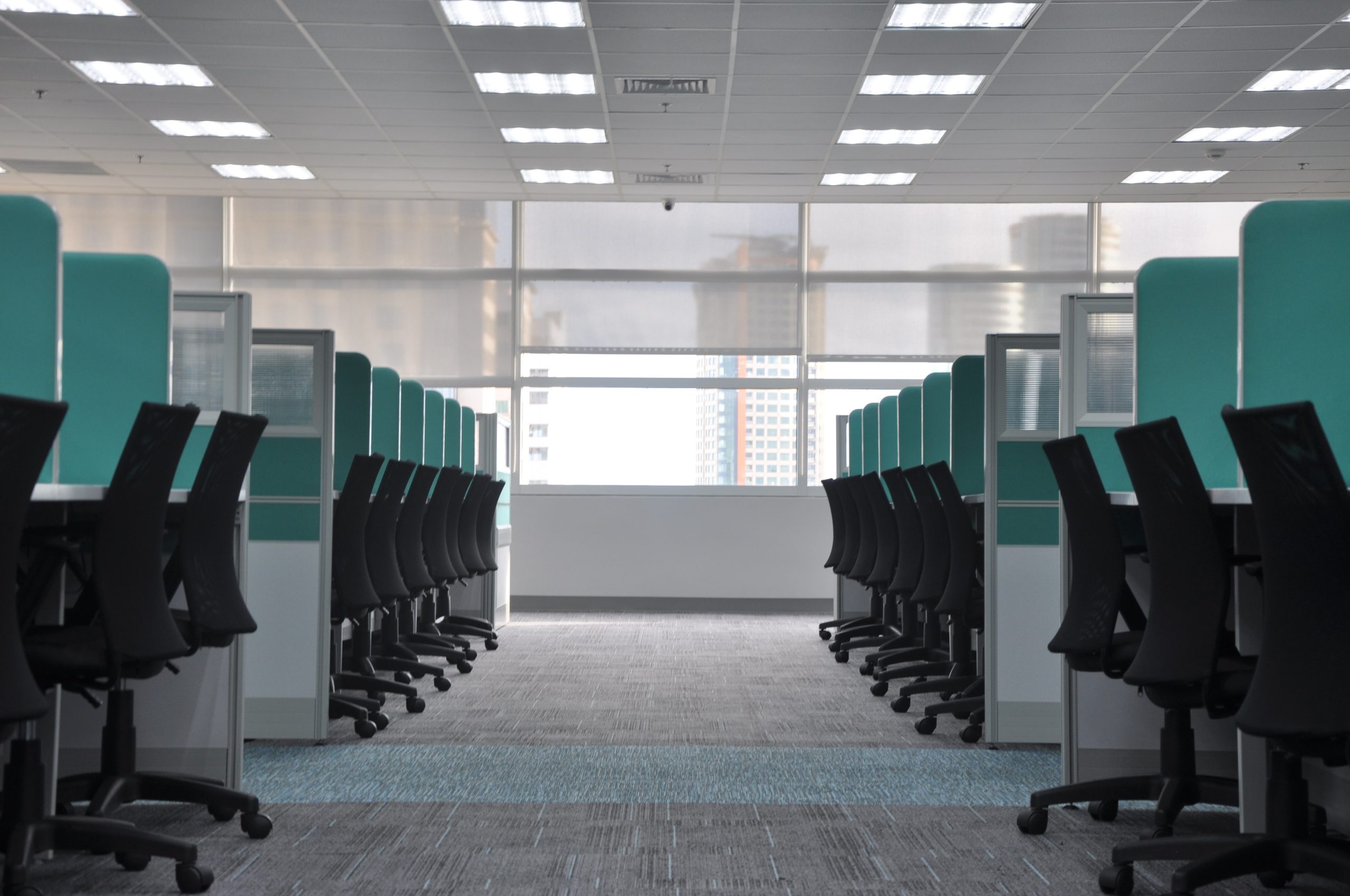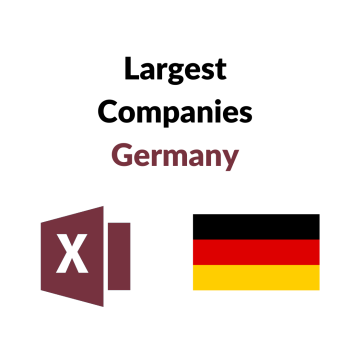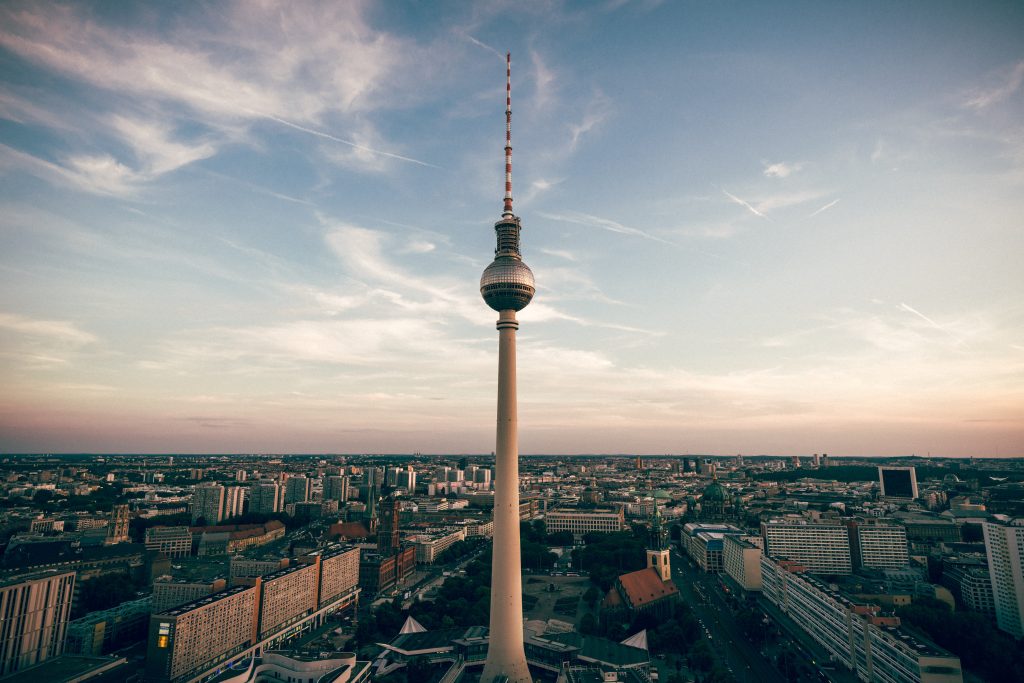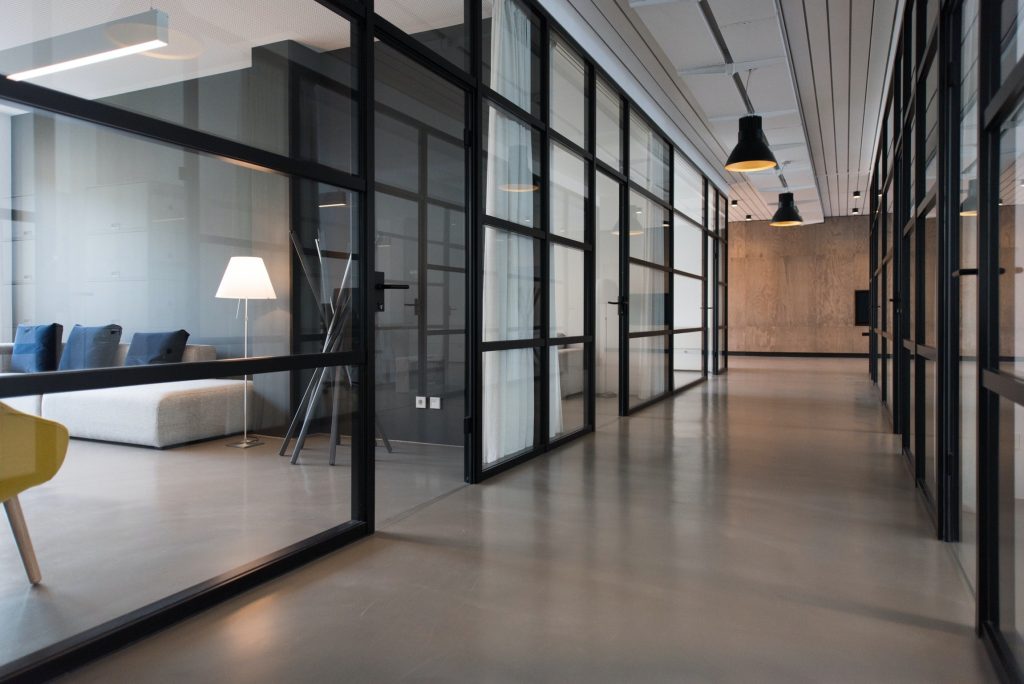Theodor Fontane’s Brandenburg was still an agricultural state with large estates. But even in the GDR era, heavy industry and lignite mining made inroads between the Elbe, Havel, Spree and Oder rivers. Names like Eisenhüttenstadt and the Lusatian coalfield stand for this. Today, the Berlin “Speckgürtel” with the state capital Potsdam is the economic powerhouse of the new federal state: The presented companies belong to the largest companies in Germany.
-
Rated 5.00 out of 5€2.499,99 Incl. VAT
- Download the list of the largest German companies as a convenient Excel file
- Including valuable information such as industry and field of activity, turnover, number of employees, general contact data, names of the management etc.
- Ideally suited for targeted new customer acquisition, competitive analysis, personnel recruitment and more
- Download valid at any time, free updates within one year, direct download as practical Excel list
1. LEIPA Group GmbH, Schwedt/Oder: 645 million euros in sales
The history of the LEIPA Group began around 170 years ago in the Bavarian town of Schrobenhausen with a paper mill. The business model still exists today. LEIPA is a leading German paper and board manufacturer. With the acquisition of the Schwedt an der Oder paper mill in 1992, the company’s focus shifted to eastern Germany. LEIPA employs around 1,700 people and is family-owned. LEIPA Group GmbH acts as the holding company, and its main subsidiaries are LEIPA Georg Leinfelder GmbH, Schwedt, MAD Recycling GmbH, Munich, and LEIPA Logistik GmbH, Schwedt. In addition, there are several national companies.
2. TCB Beteiligungsgesellschaft GmbH, Frankfurt/Oder: 318 million euros turnover
Behind the inconspicuous abbreviation TCB hides one of the largest German brewery and beverage groups with TCB Beteiligungsgesellschaft mbH as the holding company. The group was founded in 2001 and employs around 800 people. The first major TCB acquisition took place in 2003 with the takeover of the Frankfurter Brauhaus. In 2005, the subsidiary Viaplast was founded for the production of PET bottles. Other important subsidiaries are TCB Beverages (private label beer production), Gilde Brauerei (Hanover), Feldschlösschen Brauerei (Dresden), Dresdner Getränke Logistik and SAS Brasserie Champigneulles (France). Brasserie Champigneulles is the second largest French brewery.
3. Lausitz Energie Verwaltungs GmbH (LEAG), Cottbus: 2.8 billion euros turnover
Lausitz Energie is one of Germany’s largest electricity producers and the market leader in lignite-based power generation. In addition to Lausitz Energie, the group of companies includes Lausitz Energie Bergbau AG and Lausitz Energie Kraftwerke AG. They operate jointly on the market under the LEAG brand. LEAG’s origins lie in the East German lignite combines that formed the backbone of the GDR’s energy supply. The LEAG companies were created in the course of privatisation and initially became part of the Swedish Vattenfall Group. In 2016, the latter sold its lignite division to the Czech energy supplier EPH and the Dutch financial investor PPF Group. LEAG employs around 2,500 people.
Source: Listenchampion Image source: Unsplash




